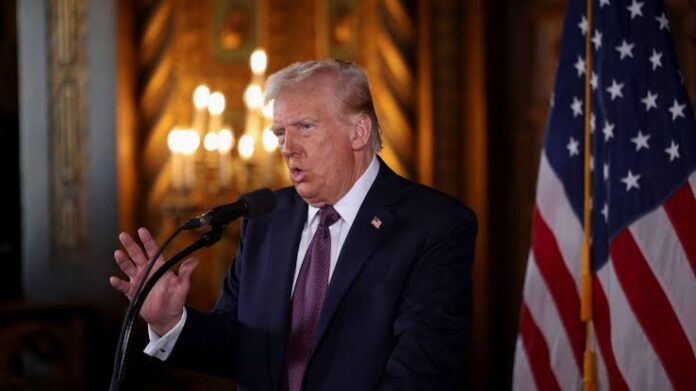The lawyers of U.S President elect pushed to extend presidential immunity to a president-elect, but their efforts were met with skepticism.
This development is part of the ongoing debate surrounding presidential immunity, sparked by Trump’s claims of absolute immunity from prosecution for actions taken while in office.
The Supreme Court recently ruled on this matter, determining that presidents have absolute immunity for acts conducted under their core constitutional authority, as well as presumptive immunity for all official acts.
However, the court also stated that presidents do not have immunity for private acts.
In the case of Trump v. United States, the Supreme Court vacated the decision from the Court of Appeals and remanded the case to the district court for further proceedings. The court’s decision was seen as a significant development in the ongoing debate surrounding presidential immunity.
Critics of Trump’s claims argue that extending immunity to a president-elect would effectively place the president above the law. They contend that this would undermine the principles of accountability and the rule of law.
The issue of presidential immunity remains a contentious one, with implications for the balance of power in the US government.
As the debate continues, one thing is clear; the Supreme Court’s ruling has set a significant precedent for future cases involving presidential immunity.








